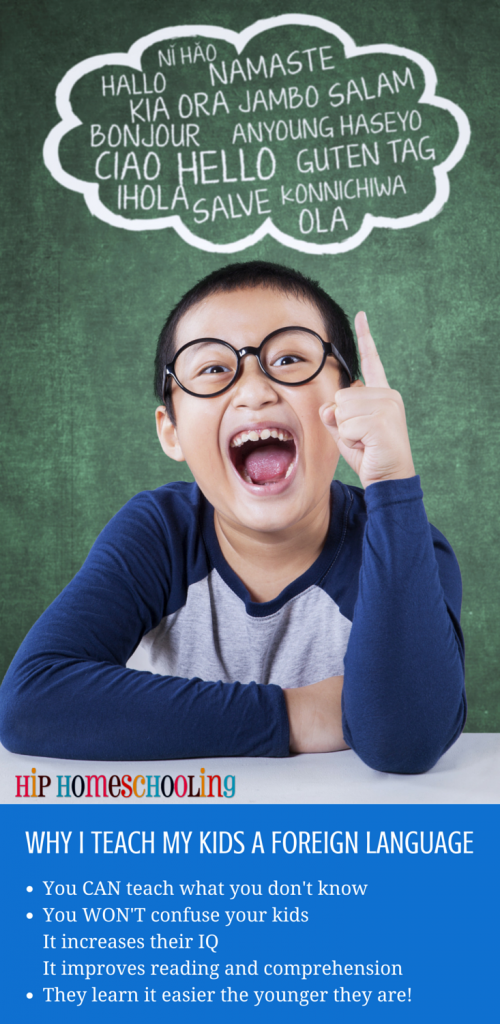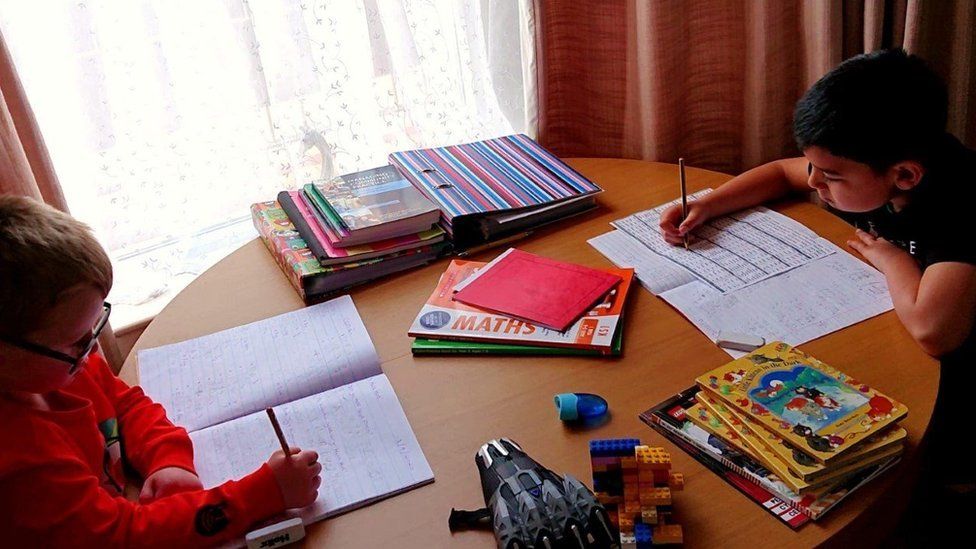Bilingual Brilliance: Home Schooling Foreign Language Success

Bilingual Brilliance: Home Schooling Foreign Language Success
Home schooling provides a unique and immersive environment for teaching foreign languages. This article explores effective strategies and benefits of incorporating foreign language education into home schooling, highlighting the importance of cultural exposure, personalized learning, and real-world applications.
The Cultural Advantage:
One of the significant advantages of home schooling foreign languages is the opportunity for in-depth cultural exploration. Beyond grammar and vocabulary, home-schooled students can delve into the cultural nuances of the language they are learning. This holistic approach fosters a deeper understanding and appreciation for different cultures, enhancing language proficiency.
Home Schooling Foreign Languages – A Hub for Resources:
For a wealth of resources and insights on successfully home schooling foreign languages, visit Home Schooling Foreign Languages. This online hub offers articles, tips, and a supportive community for parents venturing into the realm of teaching foreign languages at home.
Personalized Learning Paths:
One size doesn’t fit all, especially in language education. Home schooling allows parents to tailor language learning to the individual needs and preferences of their children. Whether it’s focusing on conversational skills, emphasizing reading and writing, or incorporating language into other subjects, the flexibility of home schooling caters to personalized learning paths.
Interactive Language Learning Apps:
Incorporating technology enhances language learning at home. Interactive language learning apps provide a fun and engaging way for home-schooled students to practice vocabulary, grammar, and pronunciation. These apps often include gamified elements that make the learning process enjoyable and effective.
Real-World Language Applications:
Home schooling foreign languages enables students to apply their language skills in real-world scenarios. Whether it’s through virtual conversations with native speakers, participating in language exchange programs, or even planning a themed meal using the language, these practical applications enhance language proficiency and build confidence.
Home Schooling Foreign Languages – Language Immersion:
Creating a language-rich environment is a key aspect of home schooling foreign languages. Labeling items around the house, watching movies or listening to music in the target language, and incorporating daily routines into the language of study contribute to a language immersion experience, reinforcing learning in a natural and immersive way.
Embracing Multilingual Literature Studies:
Home-schooled students can explore the rich world of multilingual literature. Reading books, poems, and plays in the target language exposes them to diverse writing styles, expands vocabulary, and enhances comprehension. Literature studies provide a cultural and linguistic depth that goes beyond textbooks.
Regular Practice Sessions:
Consistency is crucial in language learning. Home schooling allows for regular and focused practice sessions. Setting aside dedicated time each day for language practice reinforces learning and helps students progress steadily. Frequent exposure and practice contribute significantly to language retention and fluency.
Home Schooling Foreign Languages – Cultural Exchange Programs:
Participating in cultural exchange programs opens doors to authentic language experiences. Home-schooled students can connect with native speakers, either virtually or through local language exchange events. These interactions provide valuable insights into colloquial expressions, cultural nuances, and real-life language usage.
Culminating in Language Proficiency Exams:
Home schooling foreign







